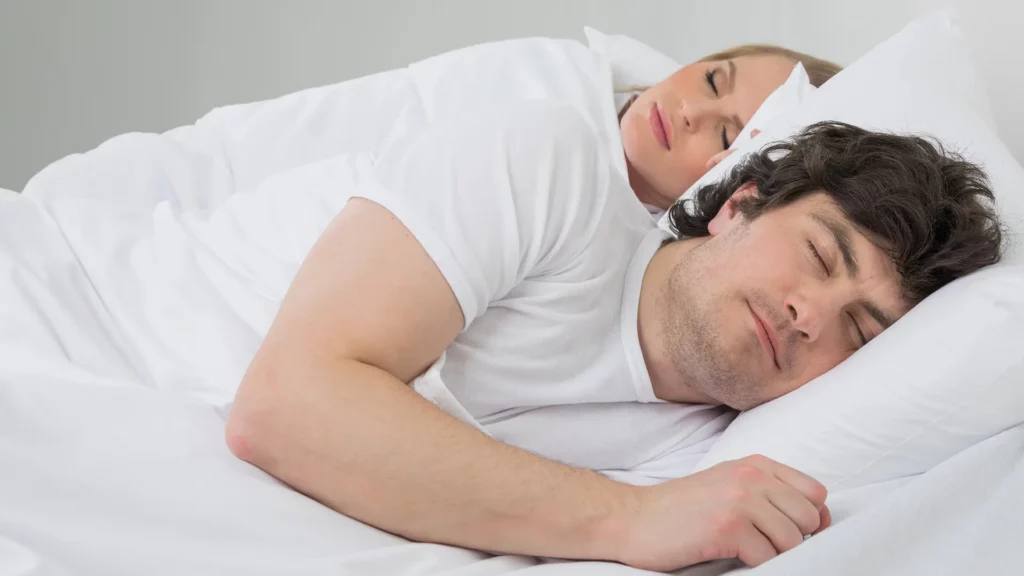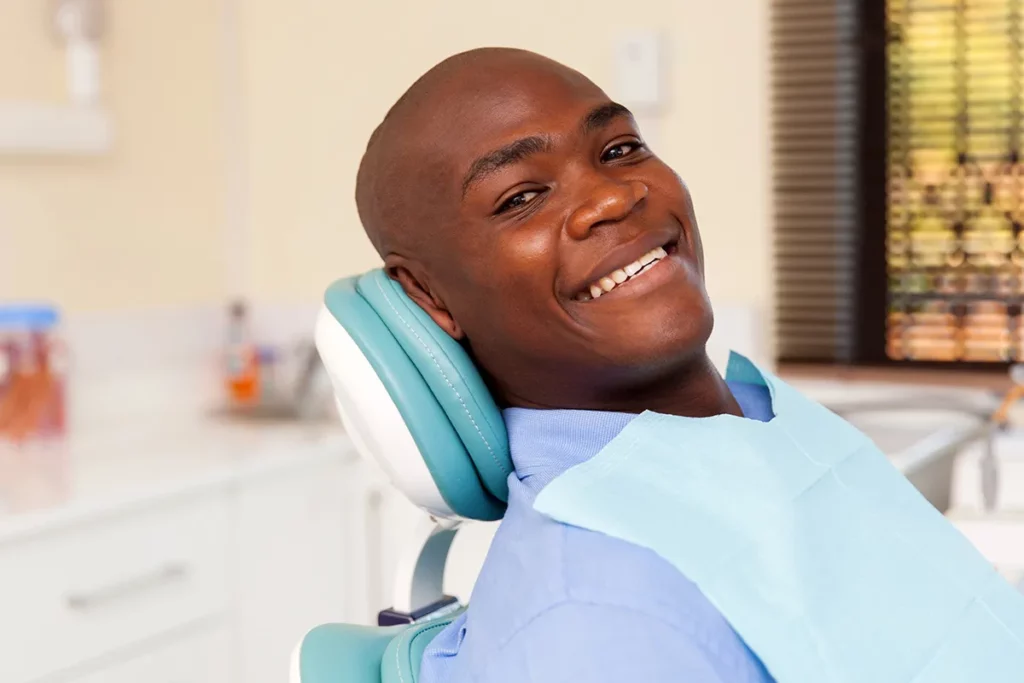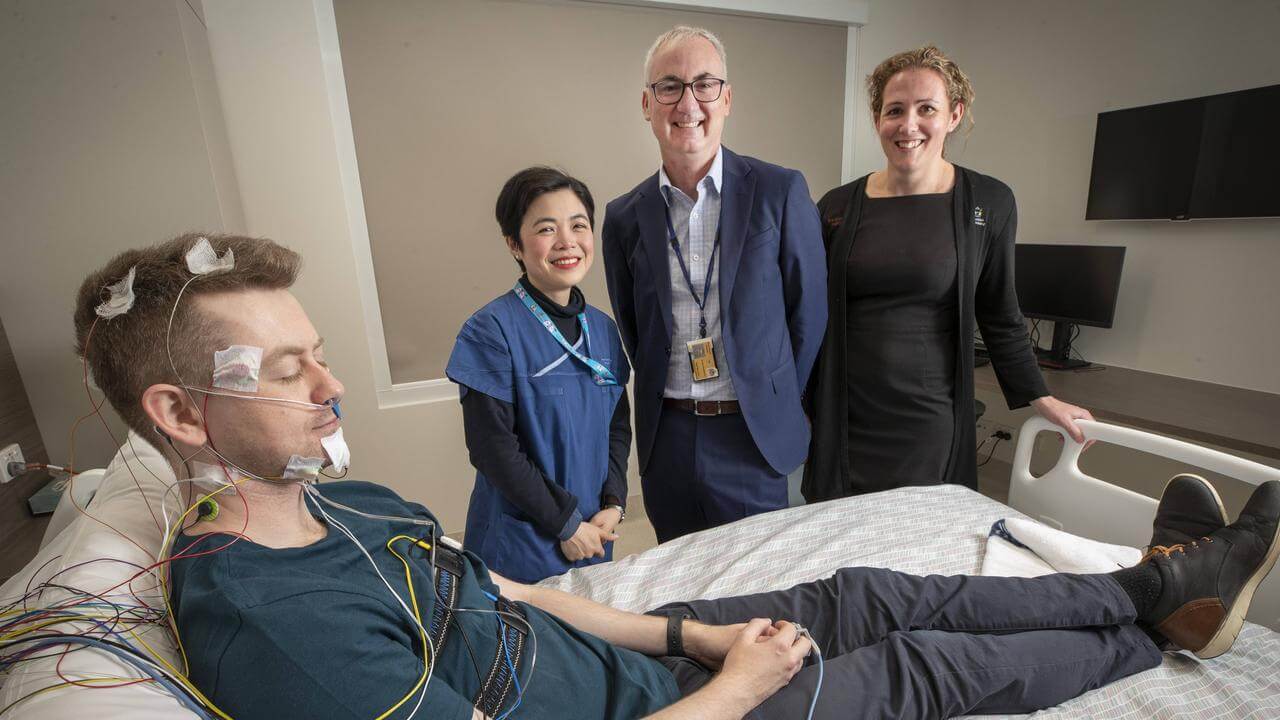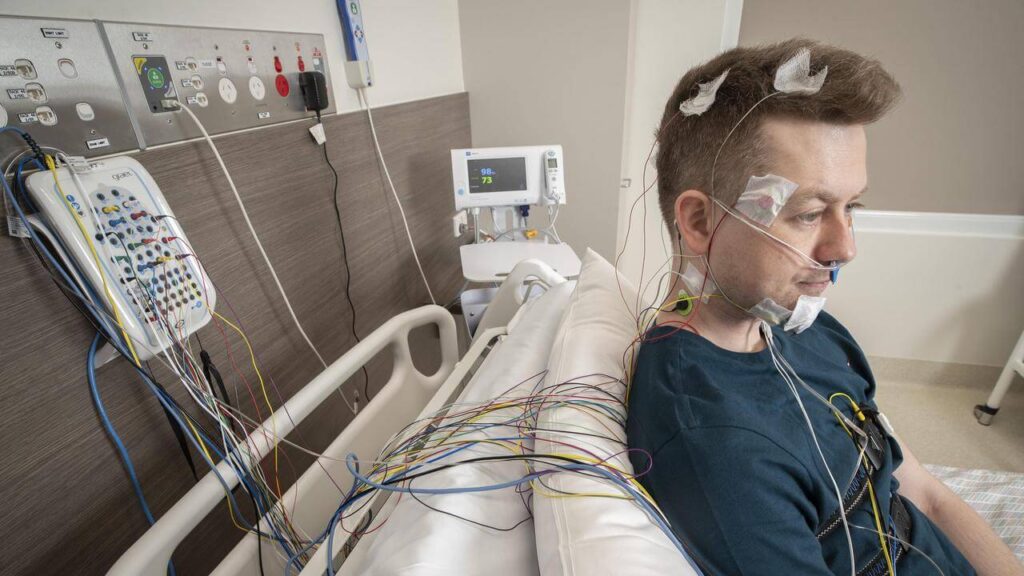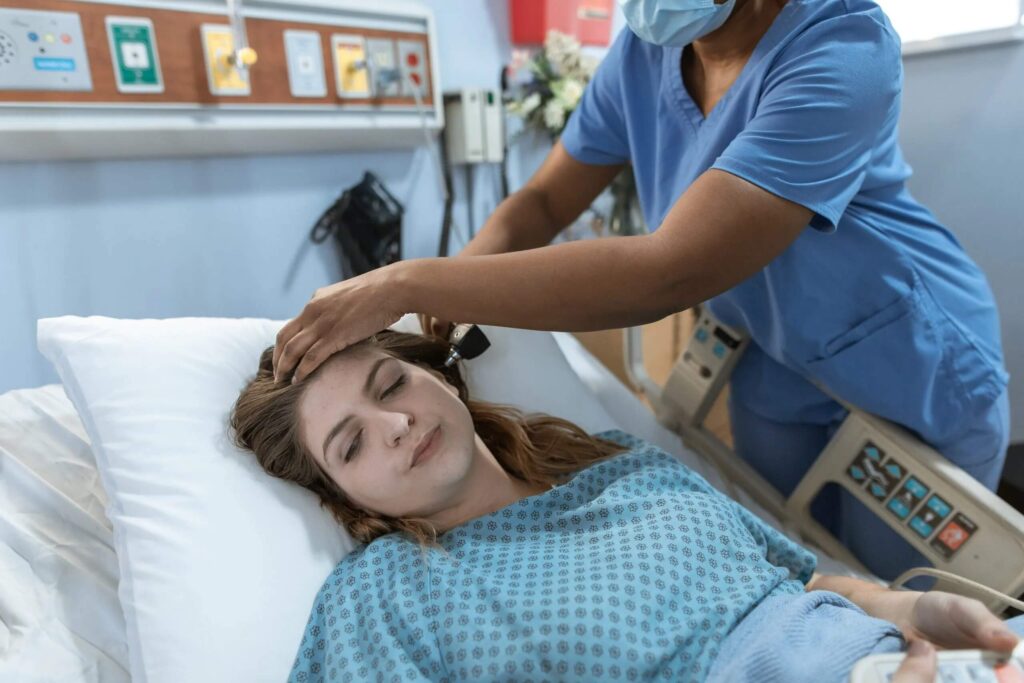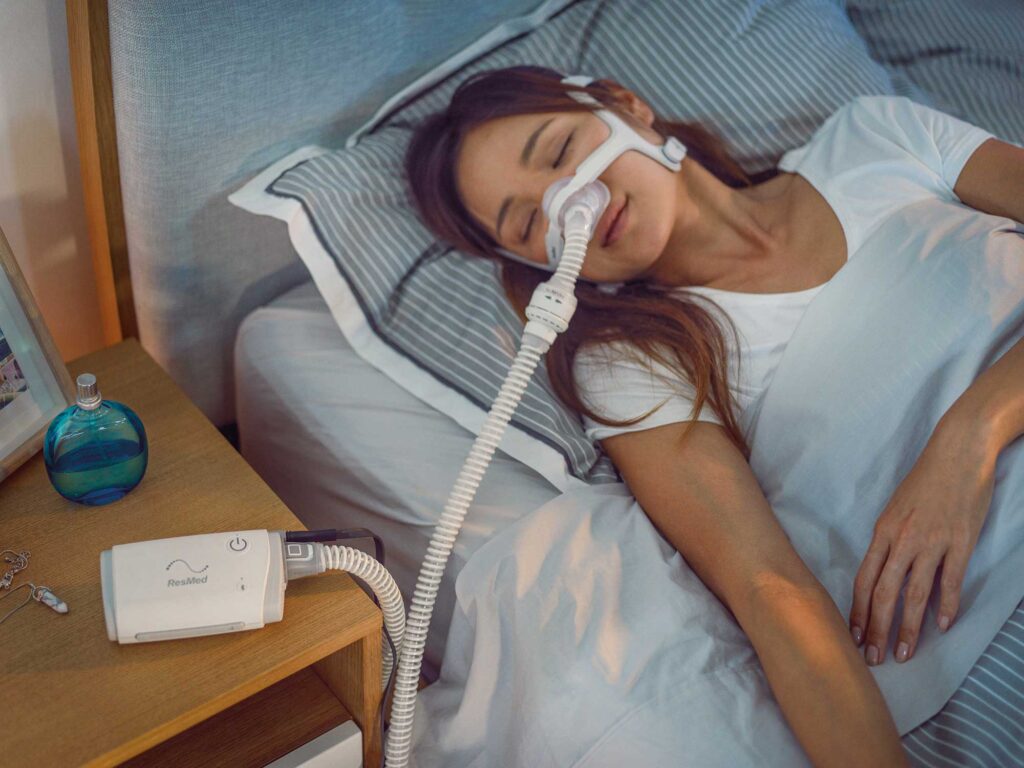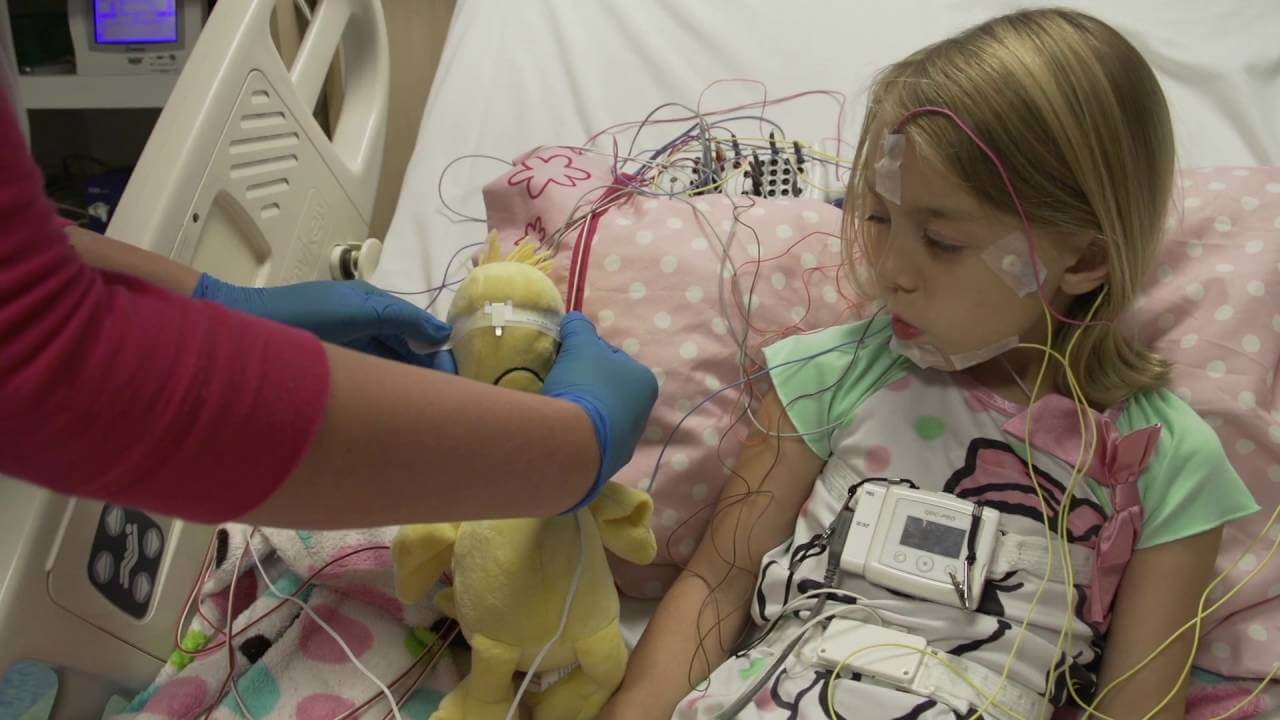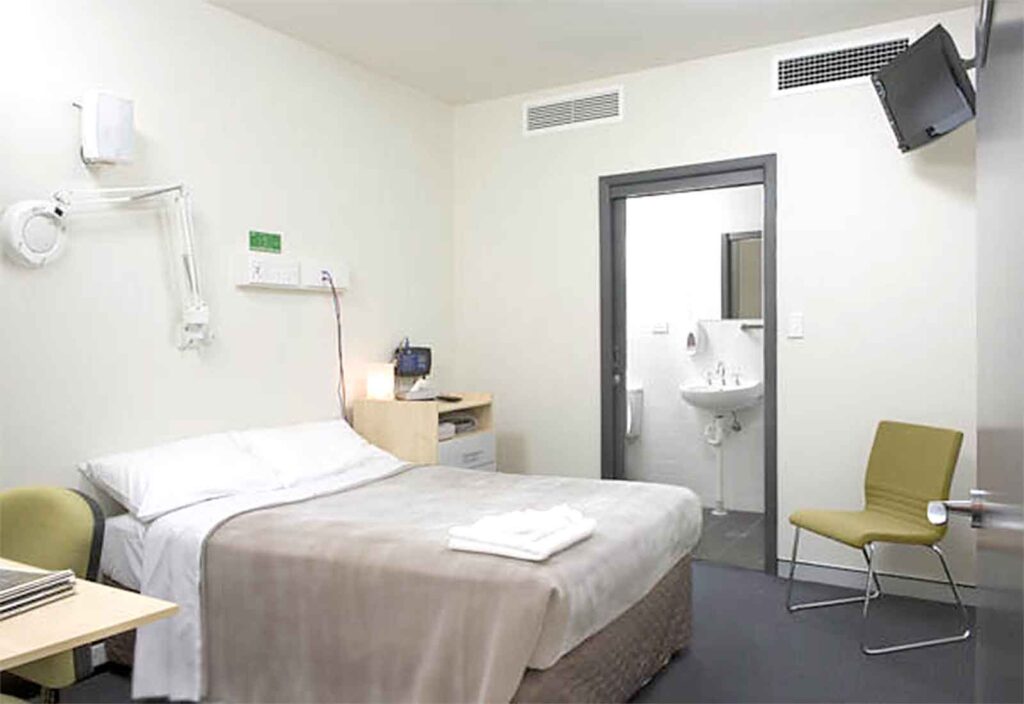Understanding Sleep Studies
Sleep studies, also known as polysomnography, are comprehensive tests that monitor and analyse various physiological parameters while a person sleeps. These studies are crucial for diagnosing sleep disorders such as sleep apnoea, insomnia, and restless leg syndrome. By observing brain waves, oxygen levels, heart rate, and breathing patterns, healthcare professionals can gain valuable insights into an individual’s sleep quality and overall health.
In Moss Vale, where the pace of life can often lead to sleep disturbances, understanding the benefits of a sleep study is essential. Many residents may find themselves struggling with fatigue, irritability, or reduced cognitive function, all of which can stem from poor sleep quality. A sleep study can provide the necessary data to address these issues effectively. Furthermore, the impact of sleep disorders extends beyond the individual, affecting relationships and overall community well-being. By prioritising sleep health, the residents of Moss Vale can foster a more vibrant and productive environment.
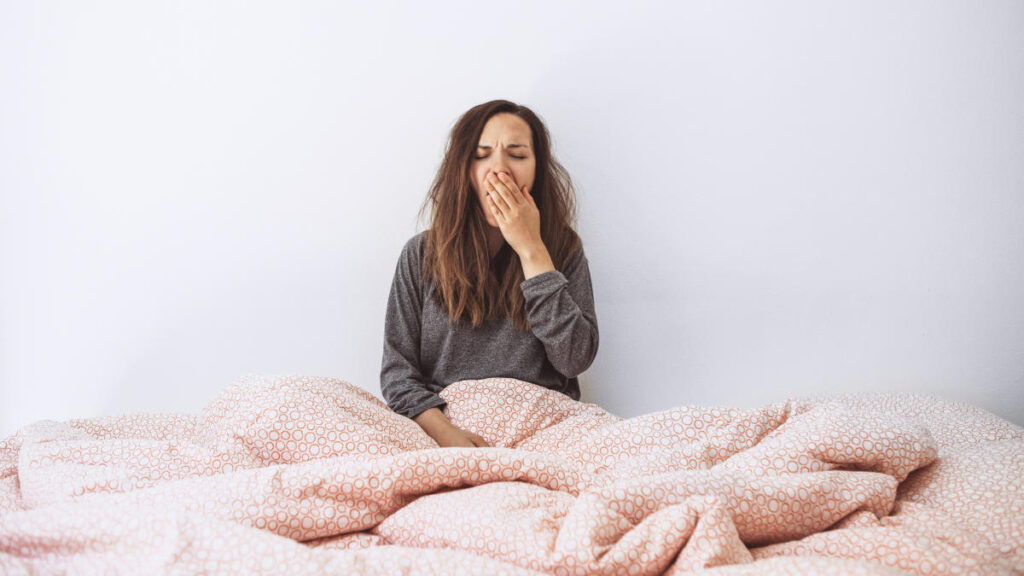
What to Expect During a Sleep Study
When undergoing a sleep study, individuals typically spend the night at a sleep clinic or hospital. The environment is designed to be as comfortable as possible, often resembling a hotel room. Patients are connected to various monitors that track their sleep cycles and physiological responses throughout the night.
For residents of Moss Vale struggling with sleep issues, a sleep study Moss Vale can be the key to unlocking a more energised and fulfilling life. By identifying underlying sleep disorders, individuals can take proactive steps towards improving their sleep quality and overall health.
Before the study, a healthcare provider will discuss any specific concerns and gather relevant medical history. This information helps tailor the study to the individual’s needs. During the night, patients are encouraged to sleep as they normally would, allowing for an accurate assessment of their sleep patterns. It is worth noting that the staff at these facilities are trained to ensure a supportive atmosphere, often providing reassurance to those who may feel anxious about the monitoring process. This attention to comfort can significantly enhance the overall experience, allowing patients to relax and focus on their sleep.
Benefits of a Sleep Study
The primary benefit of a sleep study is the identification of sleep disorders. Once diagnosed, effective treatment plans can be implemented, leading to improved sleep quality and overall health. For instance, patients with sleep apnoea may be prescribed a CPAP machine, which helps keep airways open during sleep.
Moreover, understanding sleep patterns can lead to lifestyle changes that enhance sleep quality. For example, individuals may learn about the importance of sleep hygiene, such as maintaining a consistent sleep schedule and creating a restful sleeping environment. Additionally, sleep studies can uncover underlying health issues that may not be immediately apparent, such as cardiovascular problems or metabolic disorders, allowing for early intervention and better management of these conditions. This holistic approach to health underscores the significance of sleep in maintaining overall well-being, encouraging individuals to take proactive steps toward improving their sleep habits and, consequently, their quality of life.
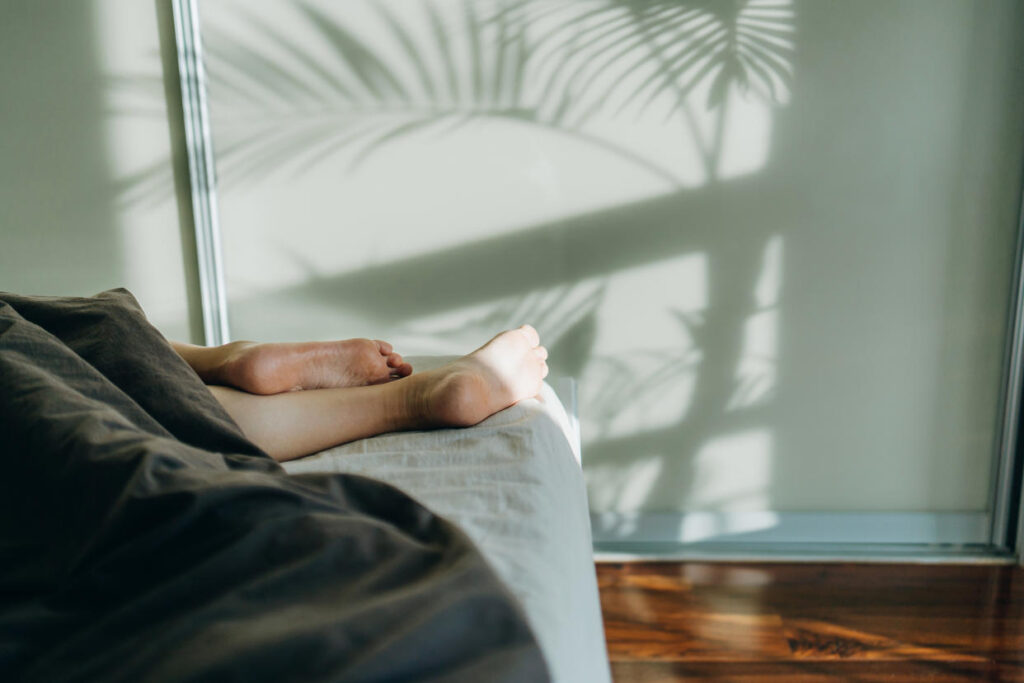
Common Sleep Disorders in Moss Vale
In Moss Vale, as in many other regions, several sleep disorders are prevalent. Recognising these conditions is the first step towards seeking help and improving overall health.
Sleep Apnoea
Sleep apnoea is one of the most common sleep disorders, characterised by repeated interruptions in breathing during sleep. These interruptions can last for several seconds and may occur numerous times throughout the night. Symptoms often include loud snoring, gasping for air during sleep, and excessive daytime fatigue.
Individuals with sleep apnoea may not be aware of their condition, as many of the symptoms occur during sleep. A sleep study is vital for diagnosing this disorder, as it provides objective data on breathing patterns and oxygen levels. find more about oxygen at https://www.rxlist.com/oxygen/definition.htm
Insomnia
Insomnia, or difficulty falling and staying asleep, affects many people in Moss Vale. This disorder can be caused by various factors, including stress, anxiety, or medical conditions. Chronic insomnia can lead to significant health issues, including depression and cardiovascular problems.
A sleep study can help determine the underlying causes of insomnia, allowing for targeted treatments that may include cognitive behavioural therapy or medication.
Restless Leg Syndrome
Restless leg syndrome (RLS) is another condition that can disrupt sleep. Characterised by an uncontrollable urge to move the legs, RLS often occurs in the evening or at night, making it difficult for individuals to fall asleep. This condition can lead to significant sleep disruption and daytime fatigue.
Through a sleep study, healthcare providers can assess the severity of RLS and recommend appropriate treatment options, which may include lifestyle changes or medication.
The Impact of Poor Sleep on Daily Life
Living with sleep disorders can have a profound impact on daily life. Many individuals in Moss Vale may not realise the extent to which poor sleep affects their physical and mental well-being.
Physical Health Consequences
Chronic sleep deprivation is linked to numerous health issues, including obesity, diabetes, and heart disease. The body’s ability to repair itself during sleep is crucial for maintaining overall health. Without adequate rest, the immune system weakens, making individuals more susceptible to illness.
Furthermore, poor sleep can lead to increased inflammation in the body, contributing to various chronic conditions. Recognising the importance of quality sleep is essential for long-term health and well-being. To learn more about inflammation click here.
Mental Health Implications
The relationship between sleep and mental health is well-documented. Insufficient sleep can exacerbate conditions such as anxiety and depression, creating a vicious cycle that is difficult to break. Individuals may find themselves feeling irritable, unable to concentrate, or lacking motivation.
By addressing sleep disorders through a sleep study, individuals can take significant steps towards improving their mental health. Better sleep often leads to improved mood and cognitive function, enhancing overall quality of life.
Finding the Right Sleep Study in Moss Vale
For those considering a sleep study, choosing the right facility is crucial. Moss Vale offers several options for sleep studies, each with its own unique features and benefits.
Accreditation and Expertise
When selecting a sleep study provider, it is essential to consider their accreditation and the expertise of the healthcare professionals involved. Facilities accredited by recognised organisations ensure that they adhere to high standards of care and are equipped with the latest technology.
Additionally, the experience of the staff can significantly influence the quality of the study. Look for facilities with trained sleep technicians and board-certified sleep specialists who can provide comprehensive evaluations and personalised treatment plans.
Comfort and Convenience
The comfort of the sleep study environment plays a vital role in the overall experience. Facilities that prioritise patient comfort often provide amenities such as private rooms, comfortable bedding, and a calming atmosphere. This can help individuals relax and sleep more naturally during the study.
Convenience is also a factor to consider. Look for facilities that offer flexible scheduling and easy access to appointments. This can help reduce the stress associated with seeking treatment for sleep disorders.
Conclusion: Taking the First Step Towards Better Sleep
Understanding the importance of sleep and seeking professional help is essential in today’s fast-paced world. With the right support and treatment, waking up feeling refreshed and energised can become a reality rather than a distant dream.
In summary, if you find yourself battling fatigue, irritability, or cognitive challenges, consider exploring the option of a sleep study in Moss Vale. It may just be the first step towards a better night’s sleep and a brighter, more energised tomorrow.
Read more on: Tired of Being Tired A Sleep Study Inglewood Might Be the Answer



